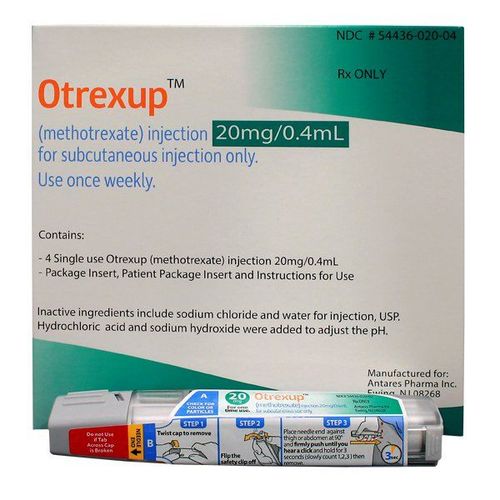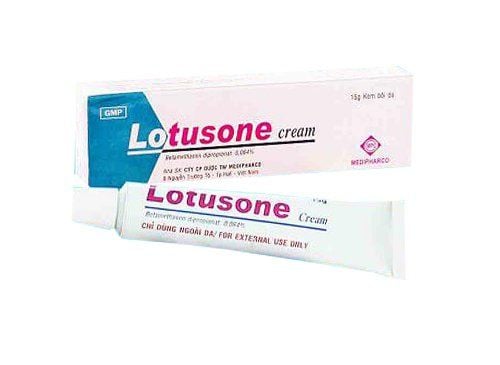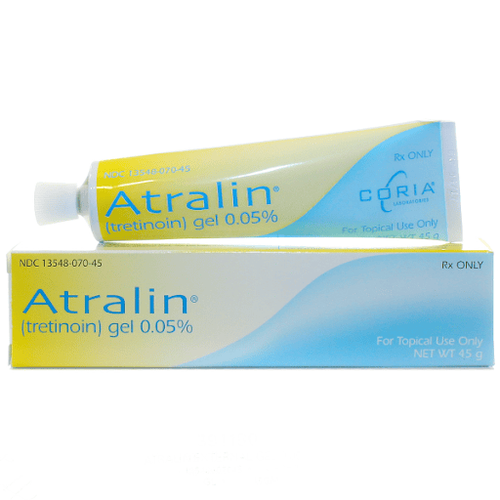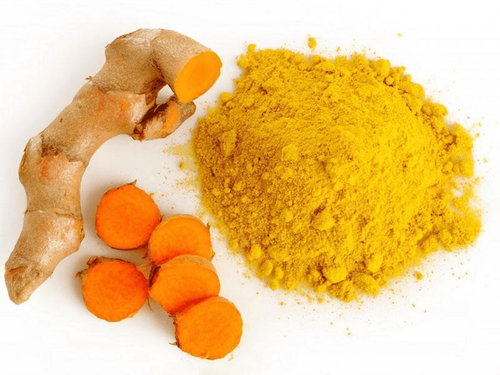This is an automatically translated article.
From time immemorial, turmeric is not only an essential spice for everyday dishes, but also used for beauty and healing. Turmeric contains circumin, which has anti-inflammatory and antioxidant properties that provide numerous health benefits.
1. Turmeric contains natural skin lightening properties
In turmeric contains important anti-inflammatory components and antioxidants. These substances have the ability to provide luminosity and help the skin look more radiant. In addition, turmeric also works to help restore the skin by giving it a natural glow.
You can try a turmeric mask at home and see if this spice really has a positive effect on your skin. To create an effective skin beauty recipe from turmeric, you can mix a small amount of honey, turmeric and Hy yogurt together, then apply this mixture on your face. The masking time should last about 15 minutes and then you can wash your face with clean water.
2. Turmeric has the ability to heal wounds
Turmeric contains curcumin, which has a rapid wound healing effect by reducing inflammation and oxidation. Besides, turmeric also contributes to reducing the body's response to skin wounds, thereby helping wounds heal faster.
Several studies have found that turmeric has positive effects on tissue as well as collagen. Therefore, the Journal of Life Sciences recommends that people use curcumin in turmeric as an optimal formulation for healing and improving skin wounds.
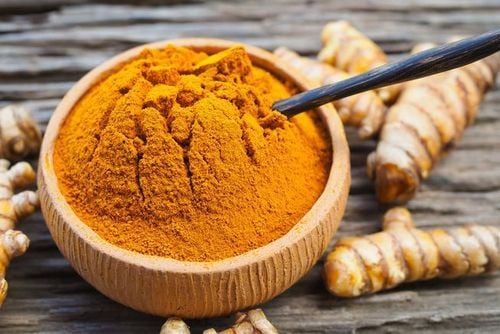
Chất curcumin trong nghệ có khả năng chữa lành và cải thiện các vết thương trên da
3. Turmeric Helps Improve Symptoms of Psoriasis
The anti-inflammatory and antioxidant substances found in turmeric may have positive effects on psoriasis by controlling flares and other symptoms of the disease.
The National Psoriasis Foundation has stated that we can use turmeric as a supplement or combine them with other foods. However, before using turmeric supplements, you should consult a nutritionist about the right dosage.
4. Turmeric helps to treat acne scars
Some studies have shown that applying a turmeric mask can significantly reduce acne and most acne scars.The anti-inflammatory substances in turmeric will come into play, targeting deep into the pores and soothing the skin. Moreover, turmeric is also known for its ability to fade scars. Therefore, turmeric is a great beauty choice for those who want to improve their skin and say goodbye to ugly acne marks.
5. Turmeric helps treat scabies
Some studies have shown that the combination of turmeric and neem tree (the Nim tree native to India), can bring about a significant treatment effect for scabies. Scabies is a skin problem, caused by microscopic mites, that cause the skin to develop a very uncomfortable rash.
6. Turmeric helps treat some other dermatological diseases
Although there is not enough evidence to conclude that turmeric can effectively treat other skin conditions. However, experts say that the use of turmeric contributes to hair loss, eczema, Liken's flat disease and other skin problems.
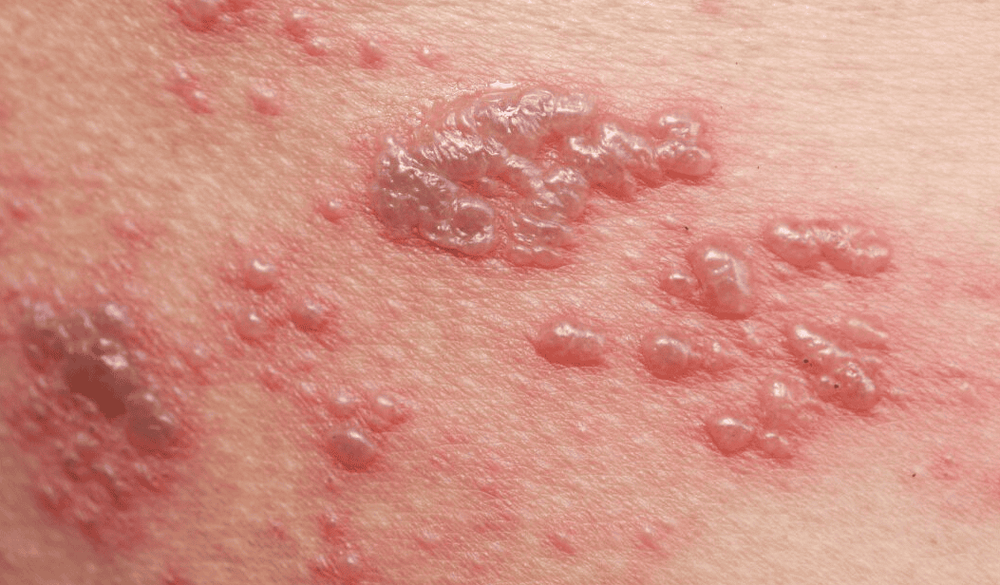
Nghệ có thể góp phần điều trị bệnh Liken phẳng
7. Some risks when using turmeric for skin
Although turmeric is said to be benign for health, in some cases, the use of turmeric can lead to certain risks. Experts recommend that, when using turmeric, you need to pay attention to the dosage, the type of product with turmeric and their interactions with other drugs you are taking.
In fact, turmeric has low bioavailability, which means your metabolism is burned off quickly and not much is absorbed by the body. You should avoid taking too much turmeric at once and closely monitor your body's response before using them in higher doses. If you are taking certain other medications, you should consult your doctor about taking turmeric during this time.
When applied to the skin, turmeric can cause the skin to become yellow or leave a temporary yellow residue on the skin. This is not a cause for concern, but if you are prone to allergies, direct contact of turmeric with your skin can cause irritation, swelling, and redness.
Ideally, before applying turmeric to your face, you should test it on your wrist by applying a dime-sized amount of turmeric and waiting for 24-48 hours to see if there is any reaction. Also, you should not use turmeric on your skin if you are allergic to the spices in your food.
Once you understand the effects that turmeric brings, you can choose and use turmeric accordingly to achieve high efficiency with the current skin condition.
Please dial HOTLINE for more information or register for an appointment HERE. Download MyVinmec app to make appointments faster and to manage your bookings easily.
Reference source: healthline.com



